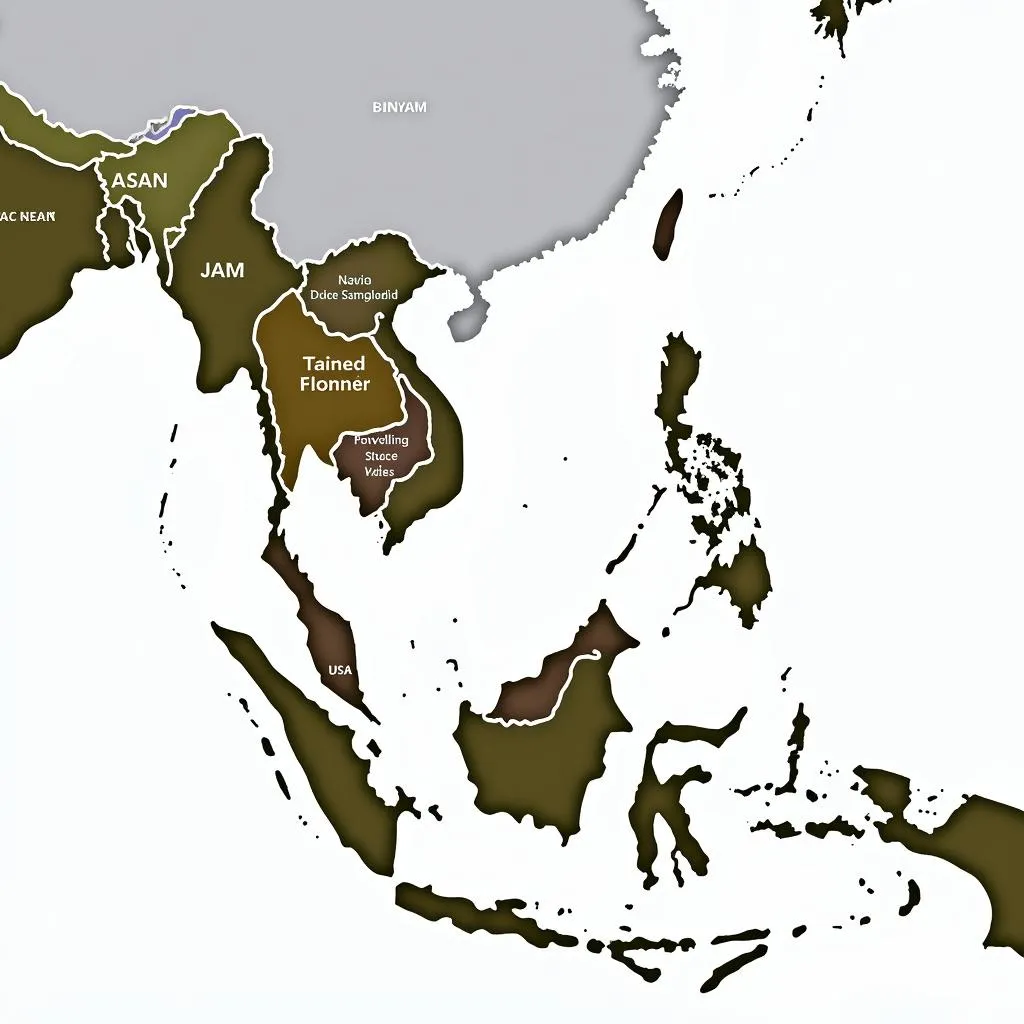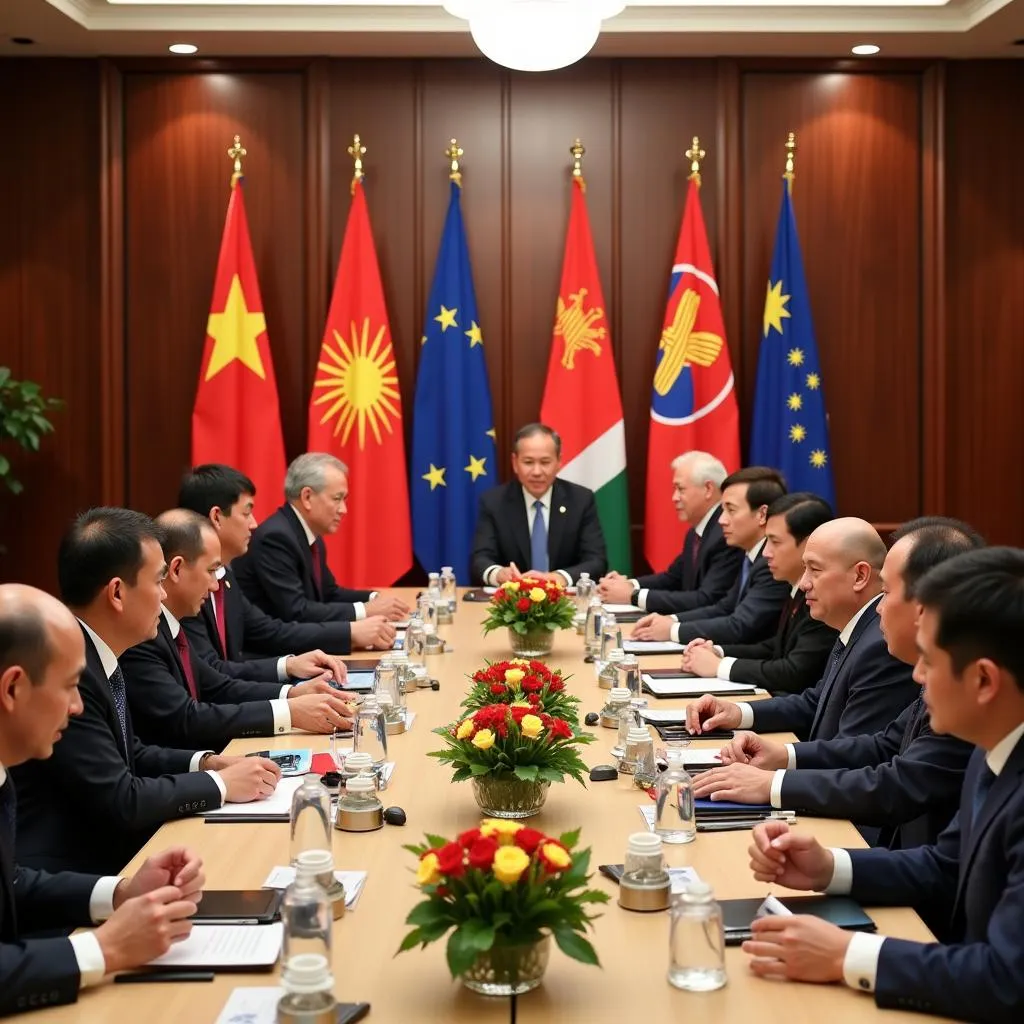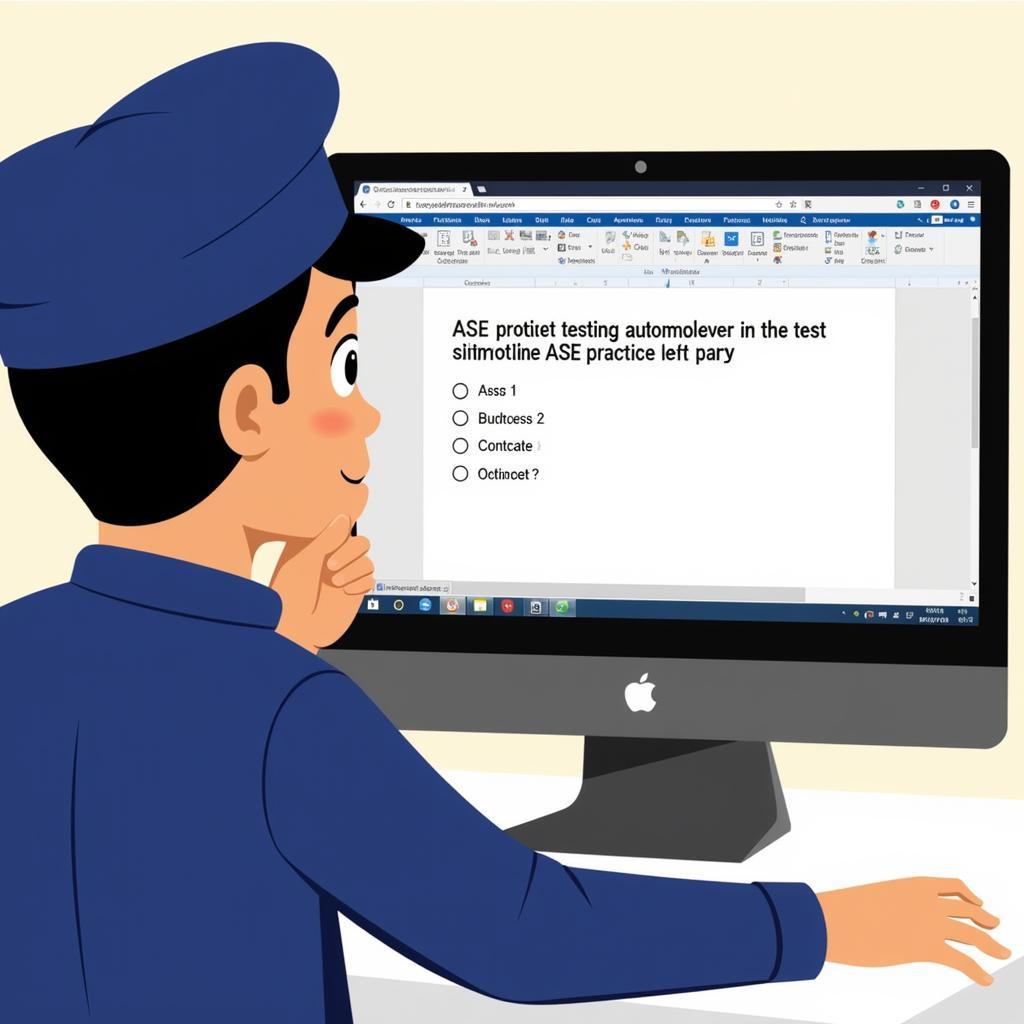ASEAN implementation refers to the process of putting into practice the various agreements, policies, and initiatives that have been established by the Association of Southeast Asian Nations (ASEAN). This process is crucial for achieving the organization’s goals of promoting regional integration, fostering economic growth, and enhancing the well-being of its member states.
The Importance of ASEAN Implementation
ASEAN implementation is critical for several reasons:
- Economic Growth: Implementation of trade agreements, investment frameworks, and infrastructure projects fosters economic growth and prosperity within the region.
- Regional Integration: It facilitates the free movement of goods, services, and people, strengthening economic and social ties between ASEAN member states.
- Political Stability: Implementation of agreements on security and cooperation helps to promote peace and stability in the region.
- Enhanced Competitiveness: By working together, ASEAN member states can leverage their collective strengths to compete more effectively in the global economy.
- Sustainable Development: Implementation of initiatives on environmental protection, climate change, and social development contributes to the sustainable development of the region.
Key Areas of ASEAN Implementation
ASEAN implementation encompasses a wide range of areas, including:
1. Economic Integration
- ASEAN Free Trade Area (AFTA): This agreement aims to reduce tariffs and non-tariff barriers to trade between ASEAN member states, creating a single market and production base.
- ASEAN Investment Area (AIA): This initiative promotes investment within the region, facilitating the flow of capital and technology.
- ASEAN Economic Community (AEC): This overarching goal seeks to establish a single market and production base, promote free flow of goods, services, investment, and skilled labor, and achieve sustainable economic growth.
2. Political and Security Cooperation
- ASEAN Regional Forum (ARF): This forum provides a platform for dialogue and cooperation on security issues, including terrorism, non-proliferation, and transnational crime.
- ASEAN Political-Security Community (APSC): This initiative focuses on building trust and confidence, promoting peaceful settlement of disputes, and enhancing regional security.
- ASEAN Human Rights Declaration: This declaration affirms the commitment of ASEAN member states to uphold human rights and fundamental freedoms.
3. Socio-Cultural Cooperation
- ASEAN Socio-Cultural Community (ASCC): This initiative promotes cultural exchange, education, and tourism, fostering understanding and cooperation among the peoples of ASEAN.
- ASEAN Charter: This charter provides a framework for ASEAN’s operations, strengthening its institutional capacity and promoting good governance.
- ASEAN Vision 2020: This document outlines ASEAN’s long-term vision for the region, aiming to transform ASEAN into a “harmonious, prosperous, and stable community.”
Challenges to ASEAN Implementation
Despite the significant progress that has been made, ASEAN implementation faces several challenges:
- Lack of Harmonization: Different levels of economic development and institutional capacity among member states can pose challenges to harmonizing policies and regulations.
- Political Differences: Differences in political systems and priorities can sometimes create obstacles to cooperation.
- Non-Tariff Barriers: Non-tariff barriers such as technical standards, customs procedures, and regulations can still hinder trade and investment.
- Lack of Resources: Member states may face budgetary constraints and limited resources, hindering their ability to effectively implement initiatives.
Strategies for Effective ASEAN Implementation
To address these challenges and ensure the successful implementation of ASEAN’s goals, several strategies can be adopted:
- Strong Political Will: Strong commitment and leadership from member states are essential for driving the implementation process.
- Enhanced Capacity Building: Member states should invest in capacity building programs to strengthen their institutions and enhance their ability to implement policies.
- Increased Dialogue and Coordination: Regular dialogue and coordination among member states are crucial for resolving differences and achieving consensus.
- Public Awareness and Engagement: Raising public awareness about ASEAN and its initiatives is vital to garnering support for the implementation process.
- Effective Monitoring and Evaluation: Mechanisms for monitoring and evaluating progress are necessary to ensure that initiatives are implemented effectively and achieve their intended outcomes.
The Role of the ASEAN Secretariat
The ASEAN Secretariat plays a pivotal role in supporting the implementation of ASEAN agreements and initiatives. Its key functions include:
- Providing technical assistance: The secretariat provides technical assistance to member states in implementing policies and programs.
- Facilitating coordination: It facilitates coordination and cooperation among member states.
- Monitoring progress: It monitors the progress of implementation and reports on the outcomes.
- Advocating for ASEAN: It advocates for ASEAN’s interests at the international level.
Conclusion
ASEAN implementation is crucial for driving regional integration, fostering economic growth, and promoting peace and stability in Southeast Asia. While challenges remain, the commitment of member states, combined with effective strategies and the support of the ASEAN Secretariat, can pave the way for a more integrated, prosperous, and sustainable ASEAN community.
FAQ
- What is the ASEAN Free Trade Area (AFTA)?
AFTA is an agreement that aims to reduce tariffs and non-tariff barriers to trade between ASEAN member states. It seeks to create a single market and production base within the region.
- What are some key initiatives under the ASEAN Economic Community (AEC)?
Key initiatives under the AEC include the reduction of tariffs and non-tariff barriers to trade, the free flow of investment, and the promotion of skilled labor mobility.
- What is the ASEAN Charter?
The ASEAN Charter is a legal framework that strengthens ASEAN’s institutional capacity and promotes good governance.
- How can I learn more about ASEAN implementation?
You can visit the ASEAN Secretariat website for detailed information on ASEAN agreements, initiatives, and implementation strategies. You can also find resources on ASEAN implementation from other organizations such as the World Bank, the Asian Development Bank, and the United Nations.
- How can I get involved in ASEAN implementation?
You can get involved in ASEAN implementation by supporting organizations that work on ASEAN issues, advocating for ASEAN policies, and participating in activities that promote regional integration.
 ASEAN Member States Map
ASEAN Member States Map
 ASEAN Economic Community
ASEAN Economic Community
 ASEAN Socio-Cultural Community
ASEAN Socio-Cultural Community
For further information and support, please feel free to contact us:
Phone: 0369020373
Email: [email protected]
Address: Thôn Ngọc Liễn, Hiệp Hòa, Bắc Giang, Việt Nam.
Our team is available 24/7 to assist you with any questions or inquiries you may have.
